Selecting the perfect flooring option for your business is crucial for creating an attractive and durable environment. Two popular options often considered are ceramic tile and porcelain tile flooring. To make an informed decision and ensure a long-lasting investment, it’s essential to understand their differences and benefits. This article will compare ceramic tile and porcelain tile flooring, helping you choose the right option for your business. 1. Composition and Durability: Ceramic tile is made from a mixture of clay and other natural materials, which is then fired at high temperatures. Porcelain tile, on the other hand, is made from a refined clay called kaolin, which is fired at even higher temperatures. This high firing process makes porcelain tile denser, harder, and more resilient compared to ceramic tile. Therefore, porcelain tile is considered to be more durable and suitable for high-traffic areas like commercial establishments.
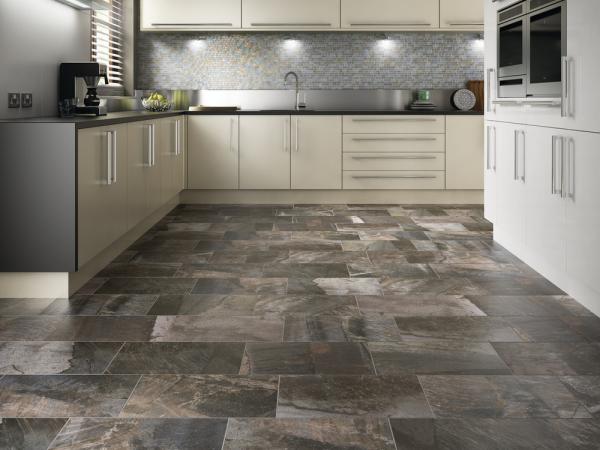
.
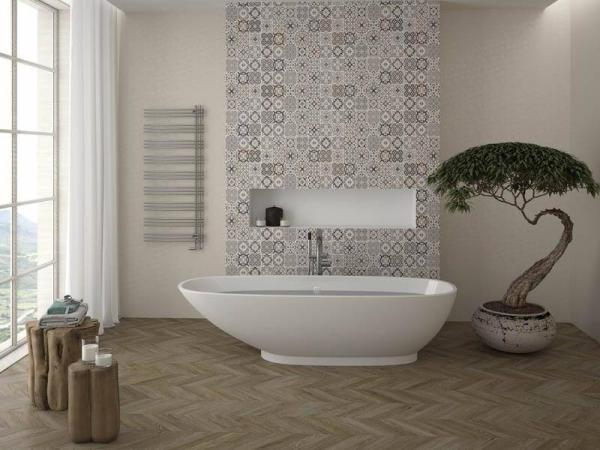 2. Water Resistance: Both ceramic and porcelain tiles exhibit excellent water resistance. However, porcelain tile has a lower water absorption rate, making it more resistant to moisture penetration and ideal for areas prone to spills or high humidity, such as bathrooms, kitchens, and entryways. Ceramic tile is also water-resistant but may require additional sealing to protect it from water damage, especially in wet environments. 3. Strength and Scratch Resistance: Due to the high firing temperature, porcelain tile is harder and more resistant to scratches, making it ideal for commercial spaces with heavy furniture or equipment movement. Ceramic tile, although durable, is comparatively softer and more prone to scratches. Therefore, porcelain tile is recommended in areas where there is a higher risk of abrasion or heavy objects being dragged across the floor.
2. Water Resistance: Both ceramic and porcelain tiles exhibit excellent water resistance. However, porcelain tile has a lower water absorption rate, making it more resistant to moisture penetration and ideal for areas prone to spills or high humidity, such as bathrooms, kitchens, and entryways. Ceramic tile is also water-resistant but may require additional sealing to protect it from water damage, especially in wet environments. 3. Strength and Scratch Resistance: Due to the high firing temperature, porcelain tile is harder and more resistant to scratches, making it ideal for commercial spaces with heavy furniture or equipment movement. Ceramic tile, although durable, is comparatively softer and more prone to scratches. Therefore, porcelain tile is recommended in areas where there is a higher risk of abrasion or heavy objects being dragged across the floor.
..
 4. Design and Appearance: Both ceramic and porcelain tiles offer a plethora of design options. Ceramic tile can be manufactured with various finishes, including glazed, unglazed, and textured. It also comes in numerous color options and patterns, allowing for more creativity in your business’s aesthetic design. Porcelain tile is commonly manufactured to resemble natural materials like stone, wood, or marble, providing a more upscale and realistic appearance. It also offers a wide range of colors, patterns, and sizes to suit different business styles. 5. Maintenance and Longevity: Ceramic and porcelain tiles are relatively easy to clean and maintain. Both options require regular sweeping and occasional mopping to keep them looking their best. The non-porous surface of porcelain tile makes it more resistant to stains and easier to clean. However, for ceramic tile, the grout lines may require more attention due to potential staining.
4. Design and Appearance: Both ceramic and porcelain tiles offer a plethora of design options. Ceramic tile can be manufactured with various finishes, including glazed, unglazed, and textured. It also comes in numerous color options and patterns, allowing for more creativity in your business’s aesthetic design. Porcelain tile is commonly manufactured to resemble natural materials like stone, wood, or marble, providing a more upscale and realistic appearance. It also offers a wide range of colors, patterns, and sizes to suit different business styles. 5. Maintenance and Longevity: Ceramic and porcelain tiles are relatively easy to clean and maintain. Both options require regular sweeping and occasional mopping to keep them looking their best. The non-porous surface of porcelain tile makes it more resistant to stains and easier to clean. However, for ceramic tile, the grout lines may require more attention due to potential staining.
…
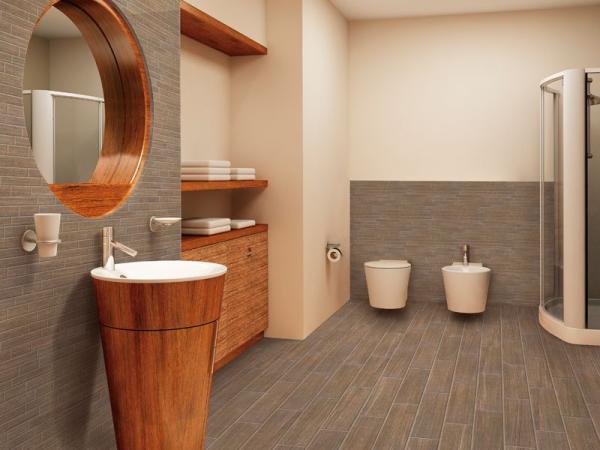 With proper care, both tiles can last for decades, making them excellent long-term investments. Conclusion: When choosing between ceramic tile and porcelain tile flooring for your business, it’s important to consider factors such as durability, water resistance, scratch resistance, design options, and maintenance requirements. Porcelain tile is generally recommended for high-traffic areas with moisture-prone or high-abrasion risks, while ceramic tile can be a suitable option for low-traffic areas. Ultimately, it’s crucial to evaluate your business’s specific needs and consult with professionals to make the best decision that aligns with both functionality and aesthetics.
With proper care, both tiles can last for decades, making them excellent long-term investments. Conclusion: When choosing between ceramic tile and porcelain tile flooring for your business, it’s important to consider factors such as durability, water resistance, scratch resistance, design options, and maintenance requirements. Porcelain tile is generally recommended for high-traffic areas with moisture-prone or high-abrasion risks, while ceramic tile can be a suitable option for low-traffic areas. Ultimately, it’s crucial to evaluate your business’s specific needs and consult with professionals to make the best decision that aligns with both functionality and aesthetics.
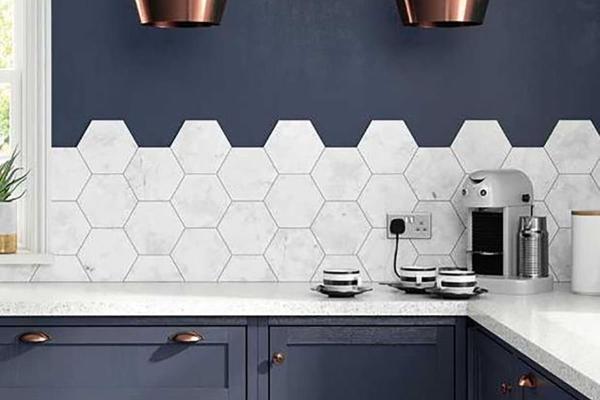
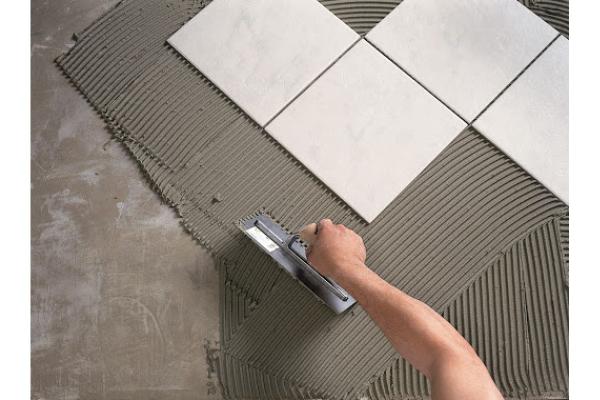
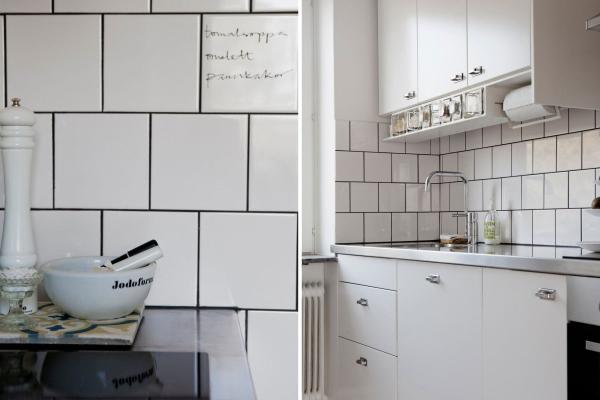
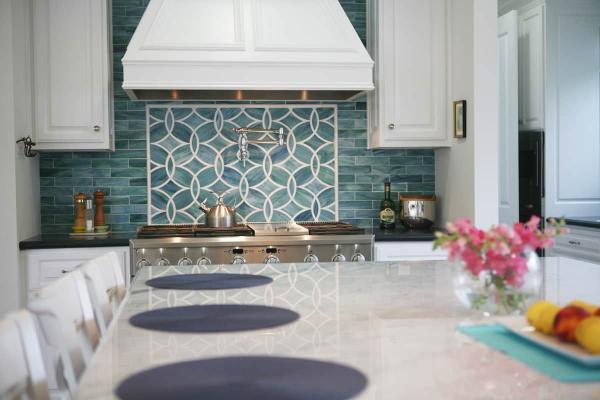
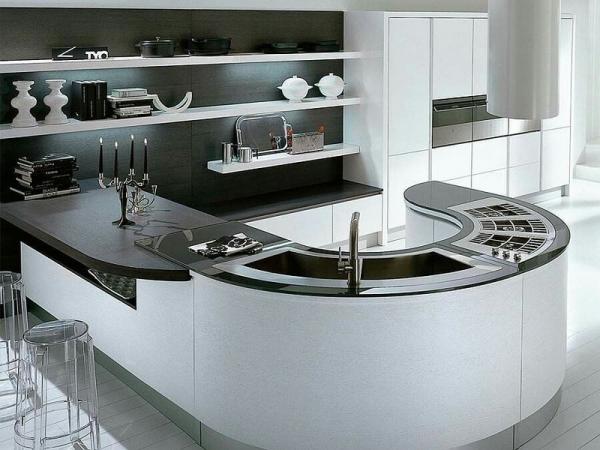
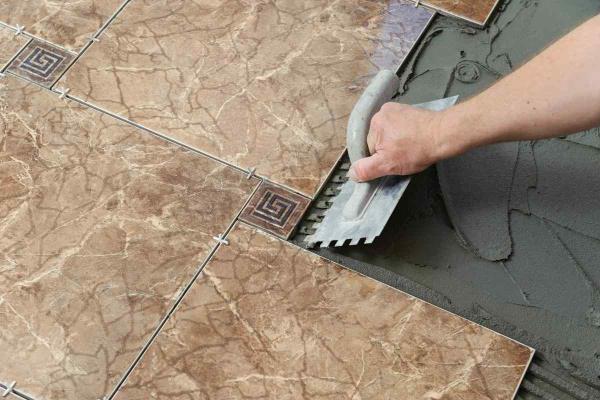
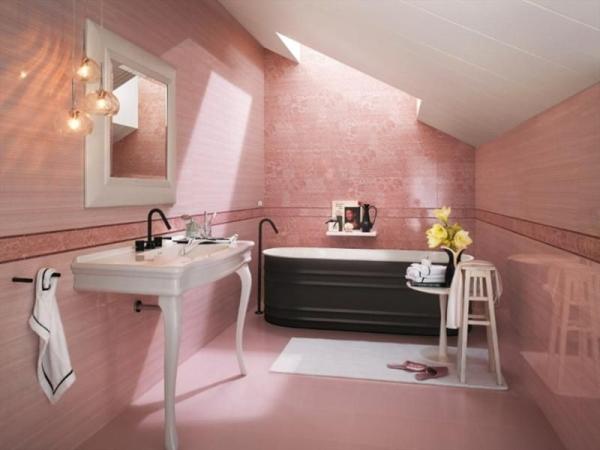
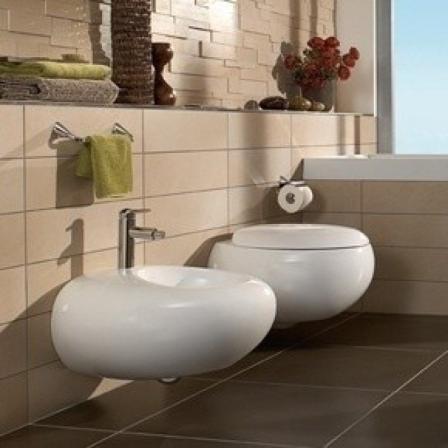

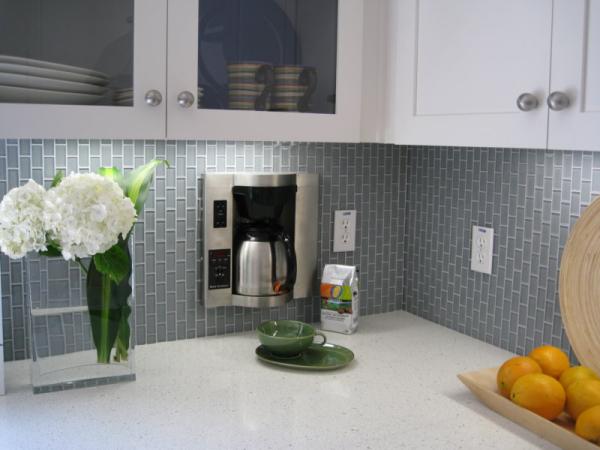
Your comment submitted.